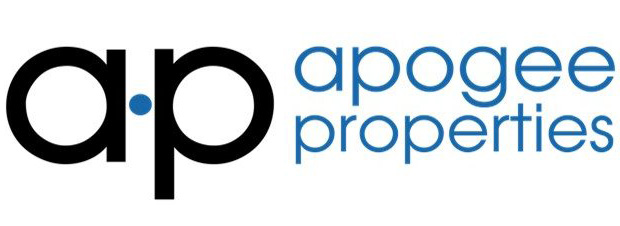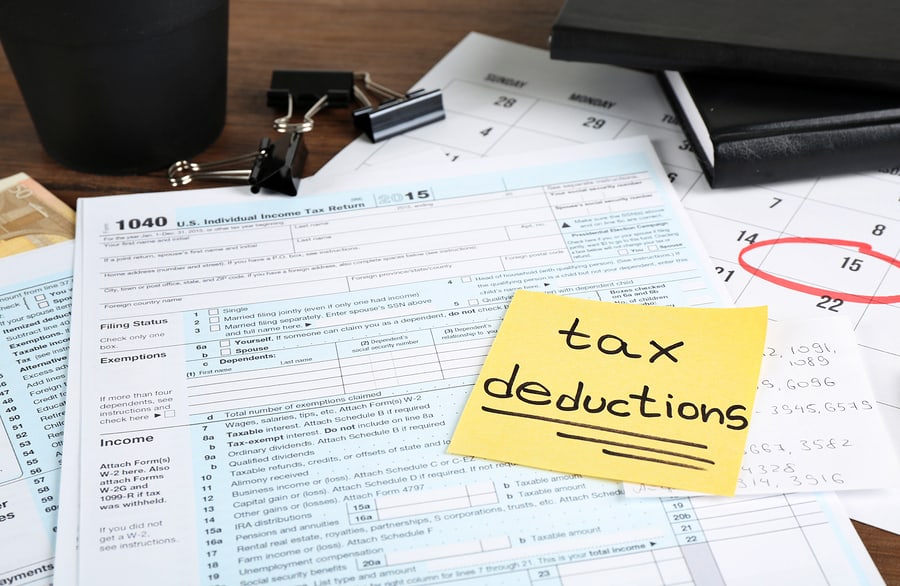Rental properties can be an excellent investment opportunity. After all, it is considered a powerful hedge against inflation. But as appealing as it is, managing a rental property – commercial or residential is more than just collecting rent and paying taxes. There are challenges (pitfalls) involved when self-managing a rental property that every rental investor should be aware of.
Property management is a tough job. As a property owner and an investor, you have two options – take the reins or hire a property manager. Choosing one of these options will have an impact on the future of your investment and in doing so, you may find yourself asking “Should I hire a property manager or self-manage my rental property?
If you’re one of those who wouldn’t mind doing it themselves and has no hesitation in managing everything yourself, then continue reading to know the costs and concerns when it comes to self-managing. But you might be probably thinking, “what could go wrong?” Let’s first take a look at the common responsibilities involved in managing a rental property.

Basic Responsibilities Involved in Managing a Rental Property
- Advertising your property
- Preparing and enforcing the lease
- Tenant screening, evicting (when necessary), and finding new tenants when vacancies occur
- Doing basic and preventative maintenance, making repairs as needed
- Handling complaints, as well as moderating issues between tenants
- Financial Management (establishing the right rent, collecting rent, calculating costs and taxes, pay invoices, etc)
- Overall Supervision
- Staying up-to-date with Landlord-Tenant Laws and Fair Housing regulations
With a list that long (just for the basic responsibilities only), many would-be and first-time rental property owners are doubting their ability to get it right, but still unable to decide whether they should do it themselves or hire a property manager.
The Challenges Outweigh the Rewards
At a glance, self-managing a property appears to be easy. For one, there is an abundance of information online regarding managing a rental property. In addition, all legal forms and documents are available on government websites, and rent collection can be done electronically. What could go wrong?
Pros of Self-Managing a rental Property
- 100% control over daily operations and in the decision making process
- Learning and experience in property management along the way
- FInancial savings of about 8-10% of your rental income
Cons of Self-Managing a rental Property
- Lack of expertise can result to minor hiccups to major legal disputes, especially eviciton.
- Significant time required to do all responsibilities, which can keep you from pursing other business ventures.
- Source of stress from taking care of all responsibilites – from your tenant to legal obligations for your property.
Managing a rental property is not just tough, but a very demanding job. Unless you’re a retiree or unemployed who has all the time in the world, self-managing your rental property can be overwhelming, and too many mistakes can be costly and can lead to closure.

The Pitfalls of Self-Managing a Rental Property
1. Tenant selection process
And this we mean by skipping or hasty background checks. Self-managing denotes screening all your prospective tenants. Without property experience, knowledge or resources could result in having bad tenants (can’t pay the rent on time, a nuisance to other tenants, or destructive to your property). On the other hand, a property manager has the resources and the technology to screen tenants fast and efficiently, especially performing thorough background checks and sifting through good potential renters.
2. Rent Collection
As a landlord, you’ll be responsible for collecting rent, which is not always on time. Sometimes, you’ll play hide-and-seek with some of your tenants just to get the monthly rent. This can be very frustrating, especially if you have scheduled payments to make, like your mortgage. Inversely, property managers have a specific system in place to manage rent payments, reminders for late payments, and even when it’s time to start the eviction process. The tenancy agreement will spell out the whole process, which should be expressed at the commencement of the tenancy.
3. Going off Lease
It’s not always sunny in Houston. The same goes with your property, from time to time it will be vacant and you’ll need to find a new and reliable tenant. Tenant laws differ from state to state, a tenant normally has to give you 30 days’ notice before they leave and this could mean vacancy if they are not going to renew their contract. On the flip side, a property manager has the resources to market your property to a specific group of people. They will handle the inquiries, tenant screening, up to the time that the tenant will move into your property.
4. Legal and legislation
As the landlord, you will handle all the legal responsibilities and this means staying on top of any landlord-tenant law updates in your state, as well as on the current property and local authority laws and regulations where your rental property is located. While self-managing allows you to learn and experience a lot of things, some mistakes can be costly especially when it comes to the legal side of owning a rental property. Having a property manager to rely on the ins and out of the rental industry is a big advantage.
5. Separation of Work and Personal Life
Self-managing a property means you will be responsible for all of the finances – from collecting rent, paying taxes to maintenance and repairs, and with the long list of responsibilities – time commitment is a requirement. This can create a huge impact on your personal life especially if you have a family on your own. Again, unless you’re a retiree or unemployed, you may find it difficult to juggle family, business, and even your personal time. On the other hand, a property manager can handle the demanding job of managing a rental property even during the weekends or answering a maintenance request very late at night. A property manager by your side means you can pursue other business ventures or travel with your family without worrying about being gone.
At the end of the day, the decision remains in your hands on what will be your answer to “Should I hire a property manager or self-manage my rental property?”
Work With Experienced Property Managers in Houston
With a property management company like Apogee properties, you are guaranteed a team of local property managers with over 10years of experience serving Houston. Apogee Properties offers a wealth of property management services to help our clients make their rental property a true, passive investment.
Work with Apogee Properties
Apogee Properties is Houston’s Premier Property Management Company. We work and live in Houston and our property managers are local. We’ve been in business for more than a decade providing comprehensive property management services in the Houston region ranging from a studio condo to a multi-family million dollar estate. Contact us to learn more about our property management services, and what we can do for you and your rental property.
Get your property managed today!










